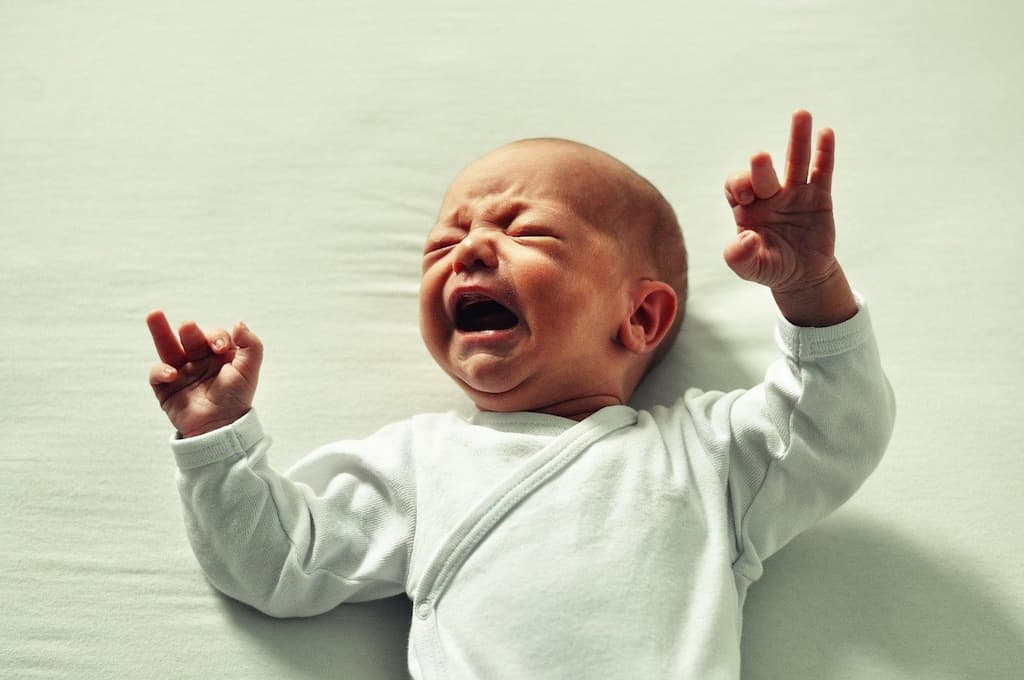
Parental alienation – child or weapon?
Written by Nasrin Manny
“When a child’s resistance/hostility towards one parent is not justified and is the result of psychological manipulation by the other parent.” [Cafcass]
“Parental Alienation” is a term that is now often used loosely and without much thought as to the cause and impact. Whilst it is a term that we see used often in an acrimonious dispute, there are times when there is real harm caused by deliberate alienation.
More recently, the concept of parental alienation has prompted much debate amongst, academics and professionals alike. Many have offered guidance on how cases involving potential alienation should be managed. All those involved in recent debates have one aim and that is to secure a better outcome for the children and families exposed to harmful behaviours.
How does CAFCASS deal with parental alienation?
CAFCASS, an organisation that plays a major role within court proceedings relating to children has sought to devise strategies for their Family Court advisors to assist in identifying alienation and managing those cases.
In recent times, CAFCASS has identified the need for a greater understanding of parental alienation as they are called upon by the Family Court to assist with such cases. CAFCASS defines parental alienation as:
“When a child’s resistance/hostility towards one parent is not justified and is the result of psychological manipulation by the other parent.”
Cafcass officers have the daunting task of identifying alienation by understanding the child/ren’s unique experiences and how they are affected by the behaviour displayed by the parent. This may be hindered by several issues, including the child’s resilience or vulnerability.


